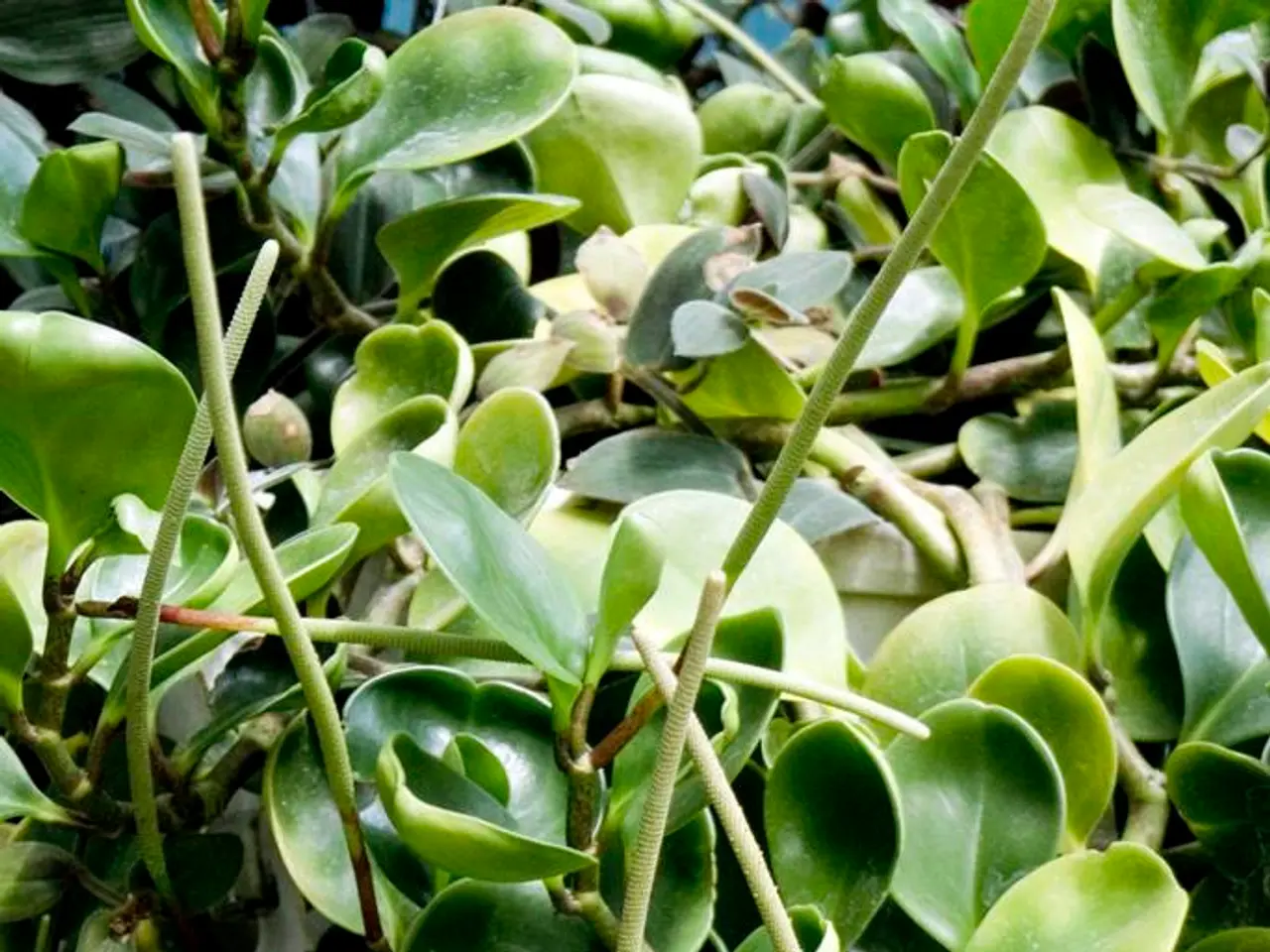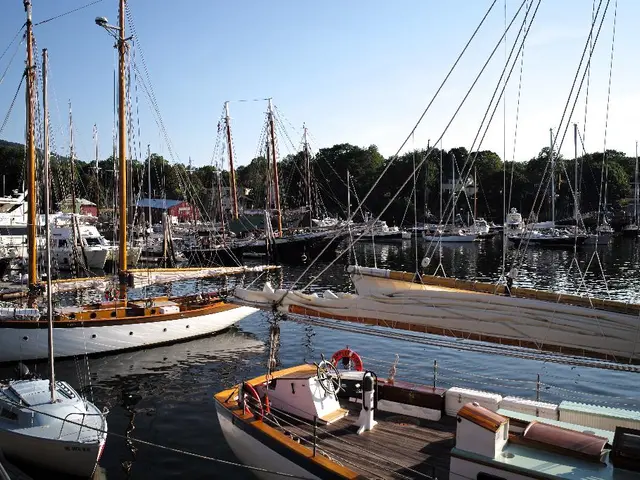TU Dresden's Leaftronics: A Leafy Revolution in Water Treatment and E-Waste Reduction
Researchers at TU Dresden's Institute for Lightweight Engineering and Polymer Technology have unveiled a groundbreaking water treatment system. Dubbed 'Leaftronics', this eco-friendly innovation harnesses the natural structure of leaves to create biodegradable substrates for electronics, tackling both water contamination and the global e-waste issue.
The 'Leaftronics' team has developed a sustainable water treatment method using an innovative metallization process. This process coats leaf structures with silver or copper, creating antimicrobial networks that effectively remove pathogens such as E. coli and fecal coliform bacteria.
Initial tests have shown promising results. The system has proven effective with both laboratory samples and real-world sources like municipal wastewater. Notably, the amount of silver ions released into the water is five times lower than the acceptable limit, indicating a high level of ecological safety.
The 'Leaftronics' team, based at the Institute for Lightweight Engineering and Polymer Technology at TU Dresden, has successfully demonstrated an eco-friendly water treatment solution. By utilizing the natural structure of leaves, this innovation promotes a circular industry, reducing both water pollution and e-waste. Further research and development are expected to optimize and expand the application of this nature-inspired technology.
Read also:
- Achieving Successful Bonsai Grafting: Selecting the Appropriate Scion and Rootstock for Harmony
- Marburg Buzzes With October Events: Study Guide Out, Breast Cancer Awareness Walk, New Police Dog, Digital Transport
- European consumers are on the brink of experiencing a significant leap forward in electric vehicle (EV) charging technology, as Chinese automaker BYD prepares to unveil its innovative advancements.
- India's First Indigenous Nuclear Submarine Fires Ballistic Missile








